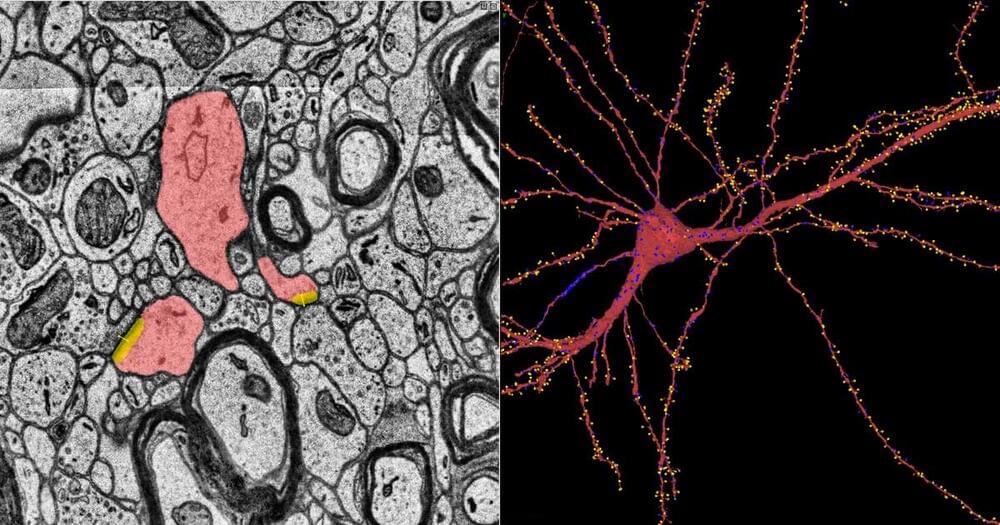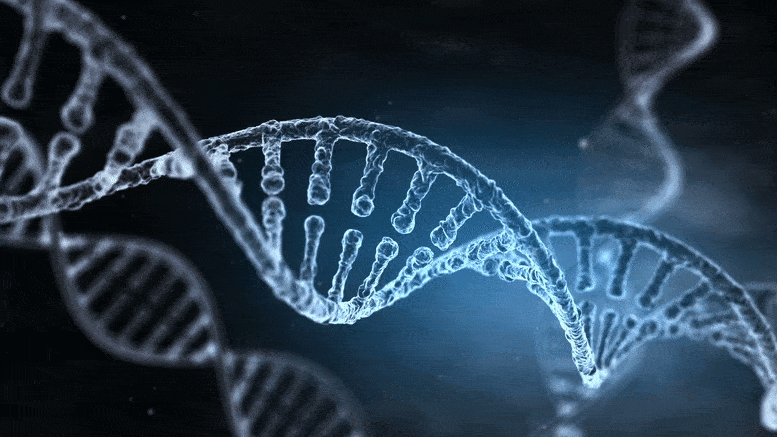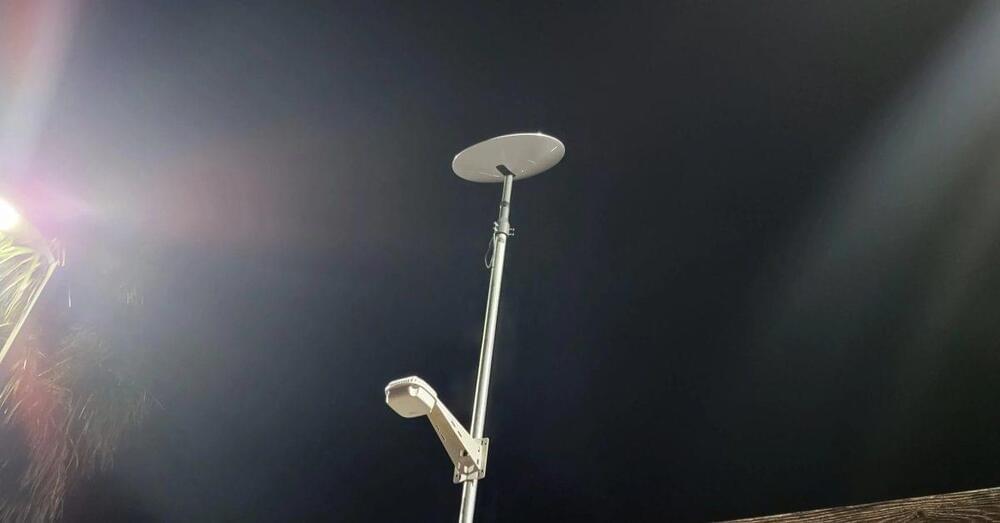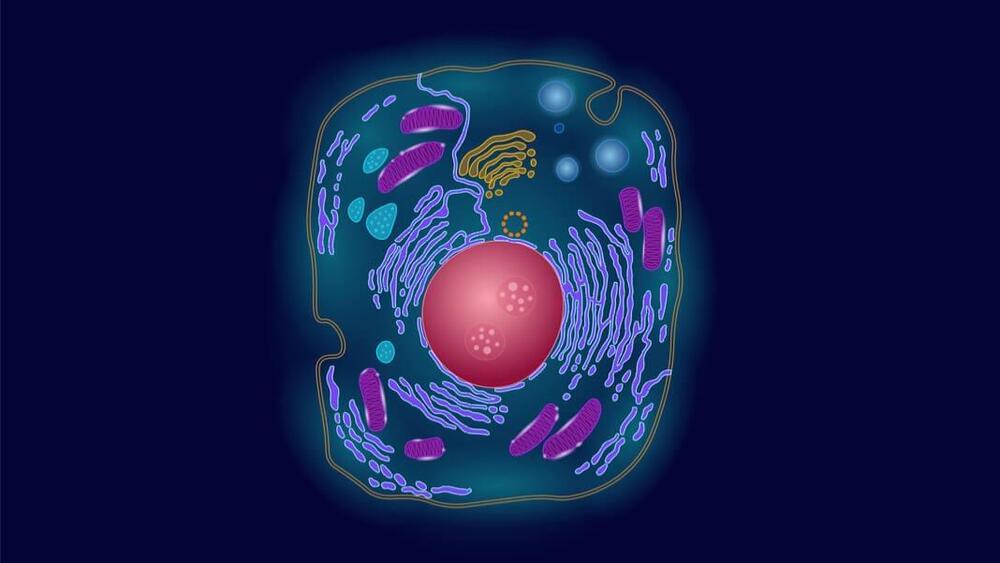SHANGHAI/HONG KONG — The Beijing Stock Exchange, China’s newest bourse, opened to a mixed reception on Monday, with debuting companies soaring while listings carried over from a preexisting board mostly fell.



Researchers from Google and Harvard have released the most detailed map ever created of the human brain.
The map (called a connectome) contains “imaging data that covers roughly one cubic millimeter of brain tissue, and includes tens of thousands of reconstructed neurons, millions of neuron fragments, 130 million annotated synapses, 104 proofread cells, and many additional subcellular annotations and structures,” according to Google AI Blog.
Using a tool called the Neuroglancer (a cyberpunk novel if I’ve ever heard one!), you can browse that brain detail yourself.

In an unprecedented atlas, researchers begin to map how genes are turned on or off in different cells, a step toward better understanding the connections between genetics and disease.
Researchers at University of California San Diego have produced a single-cell chromatin atlas for the human genome. Chromatin is a complex of DNA
DNA, or deoxyribonucleic acid, is a molecule composed of two long strands of nucleotides that coil around each other to form a double helix. It is the hereditary material in humans and almost all other organisms that carries genetic instructions for development, functioning, growth, and reproduction. Nearly every cell in a person’s body has the same DNA. Most DNA is located in the cell nucleus (where it is called nuclear DNA), but a small amount of DNA can also be found in the mitochondria (where it is called mitochondrial DNA or mtDNA).

Tesla has started to deploy Starlink antennas at Supercharger stations in an apparent effort to offer satellite-based internet to owners while charging.
The Supercharger network currently undeniably offers the best charging experience for electric cars. Other charging networks are closing the gap, but Tesla’s early investment in offering a great complimentary charging experience has paid off.
With charging, the goal is always to make the charging sessions shorter, but it is still not unusual for Tesla owners to spend over 30 minutes at the stations.
According to reports from Norway, the first battery swap station was installed and is being tested by NIO to support the launch of the NIO ES8 model.

Photo: The Boring Company.
The Boring Company’s tunnels are the future of transportation and while some people don’t think so, those who have had the opportunity to try them are sure of it. Skeptical, West Coast Editor of Autoweek, Mark Vaughn, went downstairs to figure out for himself what The Boring Co tunnels are all about—and whether they are as important as Elon Musk says.
Vaughn admits that he was a little skeptical before using the tunnel. He suggested that there would be long lines and too few cars, so it would be faster and easier to simply walk from the West Hall of the Las Vegas Convention Center (LVCC) to the far South Hall. However, after the “critic” descended the escalator into the underground tunnels he was a little surprised to find that the wait was only about a minute. Vaughn said he just walked up to the Tesla Model X, greeted the human driver, and immediately after the door closed, they drove away.


And it can be hacked.
The authors of a new study in Nature Catalysis reprogrammed these blobs—called exosomes—into an army of living nanobioreactors. It’s a seemingly simple process of mix and match: each blob is filled with a different chemical that’s involved in a biological reaction. By bringing two together, the blobs merge into a single squishy container, allowing the two chemicals to react.
The results were explosive. The tiny bioreactors pumped out energy molecules, called ATP, inside living cells. The burst of energy saved injured cells, providing them with a boost of power to fight back against dangerous molecules that otherwise lead to cell death.

There’s a lot we still don’t know about dark matter – that mysterious, invisible mass that could make up as much as 85 percent of everything around us – but a new paper outlines a rather unusual hypothesis about the very creation of the stuff.
In short: dark matter creates dark matter. The idea is that at some point in the early stages of the Universe, dark matter particles were able to create more dark matter particles out of particles of regular matter, which would go some way to explaining why there’s now so much of the stuff about.
The new research builds on earlier proposals of a ‘thermal bath’, where regular matter in the form of plasma produced the first bits of dark matter – initial particles which could then have had the power to transform heat bath particles into more dark matter.
